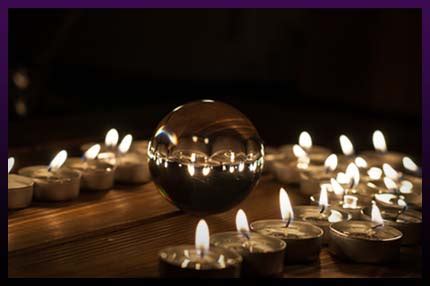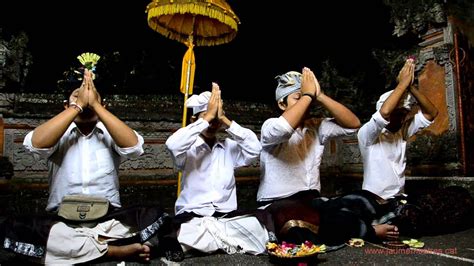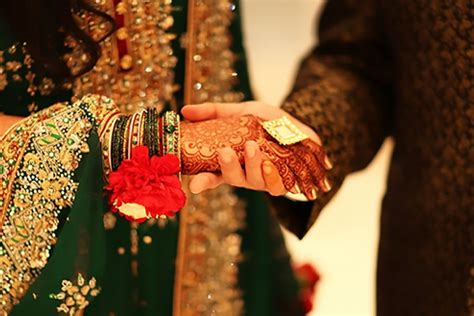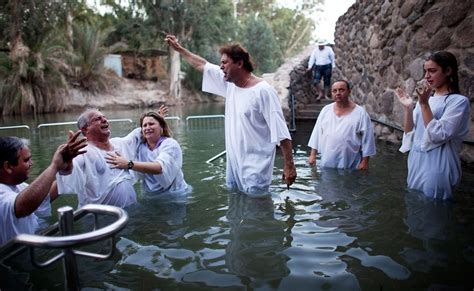Rituals & Meditation
Context ·An important aspect of meditation is the application of rituals along with your meditation practice. It’s useful to note that all spiritual paths and indeed, the great religions employ ritual as a tool connecting humans to spiritual beings (angels, gods, etc) and worlds.
So What are Rituals?
You can consider rituals as a device or engine that builds a state or space of consciousness connecting to spiritual worlds and beings. It is a ground up process using invocation, verses, gestures, and silent phases to facilitate this connection. You could use the analogy of “dialing” a phone number to speak to your friend. The ritual is the dialing process culminating when your friend says “hullo”!

The Process
Ritual is a formal process where the ritualist builds a vibration, frequency or resonance with a spiritual presence or world (spiritual worlds are always mediated by spiritual presences). Using prescribed verses in sequences, a state or vibration is built linking you to the spiritual being you are dedicating the ritual to. An essential element is that the ritualist has reached an open and inner state of calmness and stillness before engaging the ritual process. The kind of inner state you find from having engaged a strong meditation practice for many years. Often, offerings of flowers, coins, fruit, and an alter are used in the ritual creating a sacred place from which to make the ritual.

When the ritual reaches it’s peak, an elevated state of consciousness is engaged where the ritualist enters a silent phase, staying there, experiencing the resonance and grace of the spiritual being(s) and worlds. This state brings a kind of raising of the spiritual-seekers vibration where a kind of communion takes place. This in itself is a kind of inner alchemy of the soul where your vibration is being raised towards that of spiritual beings.
Gradually that state diminishes and the ritual is then concluded. Some peak ritual states can be incredibly strong and demanding on the ritualist so an important aspect of rituals is that you are in good health.

What Rituals are Not
Modern times have brought about a more casual use of the term ‘ritual’, which covers circumstances such as losing your first tooth, having your first cup of coffee of the day, signifying the end of a relationship by burning a picture of your ex, or writing your daily journal. These may have symbolic significance, but strictly speaking they do not qualify as rituals. Marriages and funerals are public examples of rituals leading to a state or space. Often at funerals for example, at the time of the last rites a space often descends on the participants, a kind of impromptu silence teaming with spiritual presence.
Most rituals are part of a larger process and entered into after having engaged in practices for some time. To be trained in rituals is a kind of initiation that kind of signifies you have reached some level of spiritual/religious maturity.

Rituals are powerful tools helping you to build the qualities needed to sustain your meditation practice. Through rituals, qualities of devotion, opening, clarity, separation and letting go of fallen aspects of yourself can take place; along with the attuning and raising up of yourself towards the spiritual, the divine. That makes ritual a path of transformation.